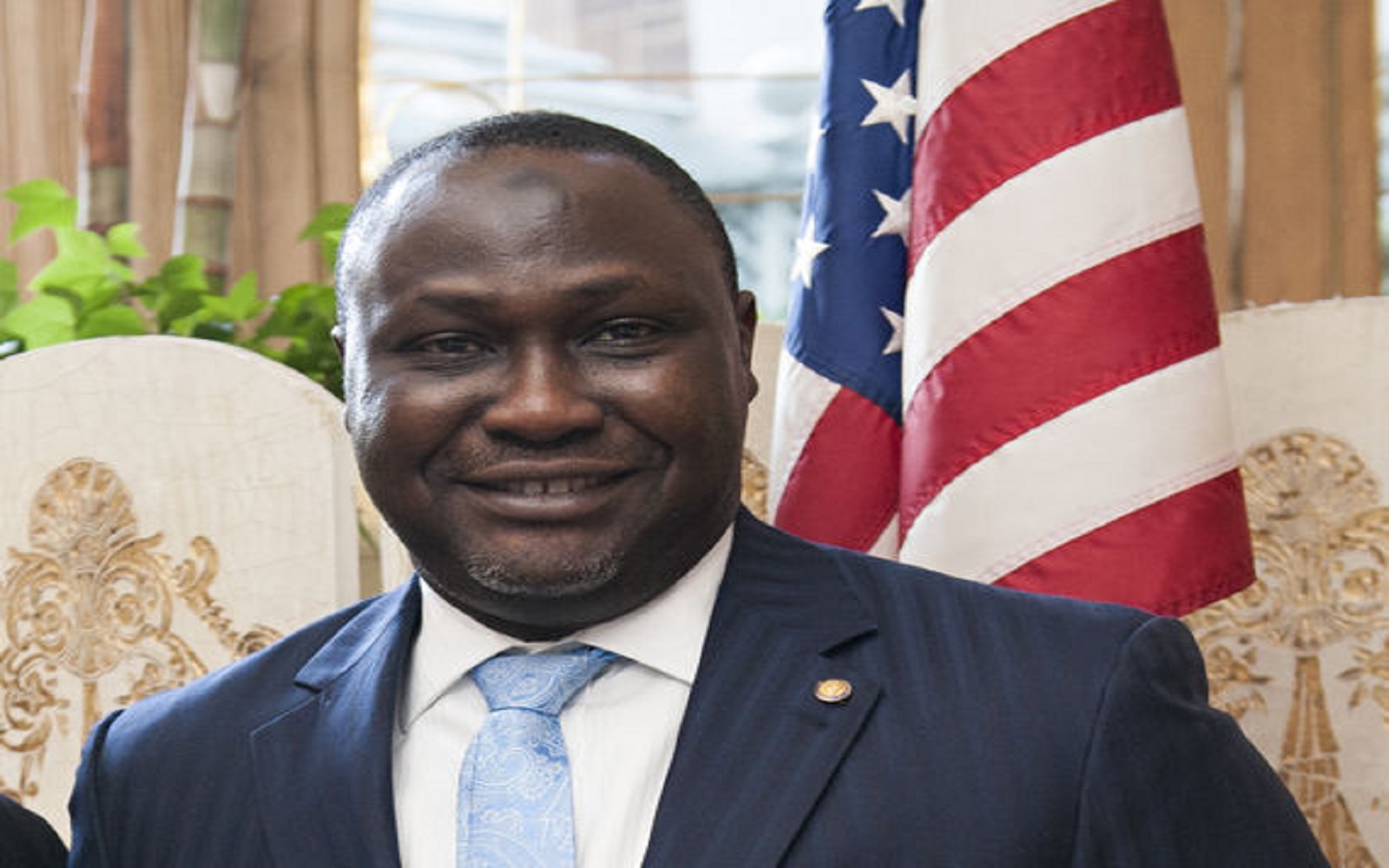Sudan-US Relations: A Delicate Balance
The diplomatic relationship between Sudan and the United States has been a subject of significant interest and concern in recent years. Following Sudan’s transition from decades of authoritarian rule, there was a renewed hope for improved relations with the West. However, recent developments have cast a shadow over this rapprochement, particularly due to the influence of political allies within Sudan’s government. This article delves into the complexities of Sudan-US relations, examining the factors that threaten this delicate balance.
Historical Context of Sudan-US Relations
Sudan’s relationship with the United States has been tumultuous, characterized by periods of cooperation and conflict. In the early 2000s, Sudan was designated as a state sponsor of terrorism by the U.S., leading to economic sanctions and diplomatic isolation. However, following the ousting of former President Omar al-Bashir in 2019, there was a shift towards engagement, with the U.S. removing Sudan from the state sponsor of terrorism list in 2020. This move was seen as a step towards normalizing relations and encouraging democratic reforms in Sudan.
Current Political Dynamics in Sudan
Despite the initial optimism, Sudan’s political landscape remains complex and fragmented. The transitional government, established to oversee the country’s shift towards democracy, faces challenges from various factions, including military leaders and Islamist allies. These groups exert significant influence over the country’s policies, often conflicting with the aspirations for democratic governance and alignment with Western values.
U.S. Strategic Interests in Sudan
The United States has strategic interests in Sudan, primarily related to counterterrorism efforts, regional stability, and the prevention of foreign adversaries establishing a foothold in the Red Sea region. Sudan’s location is geopolitically significant, and the U.S. aims to ensure that the country does not become a base for groups hostile to American interests. Additionally, the U.S. supports Sudan’s transition to democracy, viewing it as a model for other nations in the region.
Impact of Political Allies on Sudan-US Relations
Political allies within Sudan have posed challenges to the country’s relations with the United States. These groups often resist reforms that align with Western democratic principles, advocating instead for policies that reflect their own ideological views. Their influence has led to tensions with the U.S., which perceives these actions as obstacles to Sudan’s integration into the international community. This dynamic highlights the fragility of Sudan-US relations and the need for careful diplomatic engagement.
External Influences on Sudan’s Political Landscape
Beyond internal dynamics, Sudan’s political landscape is also shaped by external actors. Countries like Iran and the United Arab Emirates have vested interests in Sudan, providing support to various factions within the country. These external influences complicate the situation, as they often align with groups that oppose U.S. interests, further straining Sudan-US relations and creating challenges for diplomatic efforts.
Diplomatic Efforts and Challenges
In response to these challenges, the United States has engaged in diplomatic efforts to support Sudan’s transition. These include sanctions targeting groups that undermine democratic processes and direct support for initiatives promoting peace and stability. However, the effectiveness of these efforts is limited by the entrenched power of Sudan’s political allies and the complex geopolitical environment, highlighting the ongoing risks to Sudan-US relations.
Future Outlook for Sudan-US Relations
The future of Sudan-US relations hinges on several factors, including the ability of Sudan’s government to assert control over its political allies and implement reforms that align with democratic principles. Additionally, the role of external actors will continue to influence the trajectory of these relations. For the U.S., balancing its strategic interests with support for Sudan’s democratic aspirations will be crucial in determining the success of this partnership and ensuring that Sudan-US relations remain stable and productive.
Conclusion
In conclusion, while there is potential for a strengthened relationship between Sudan and the United States, this is contingent upon overcoming significant challenges. The influence of political allies within Sudan poses a substantial hurdle, requiring concerted efforts from both Sudanese leaders and international partners to navigate. Continued diplomatic engagement and support for democratic reforms will be essential in fostering a positive and enduring Sudan-US partnership.
For more in-depth analysis on Sudan’s political dynamics and its relations with external actors, you can refer to the following resource:
For more updates and analyses on Sudan and its international relations, click here: Burhan’s Islamist Allies Endanger Rapprochement with US
For more news ,click here.




